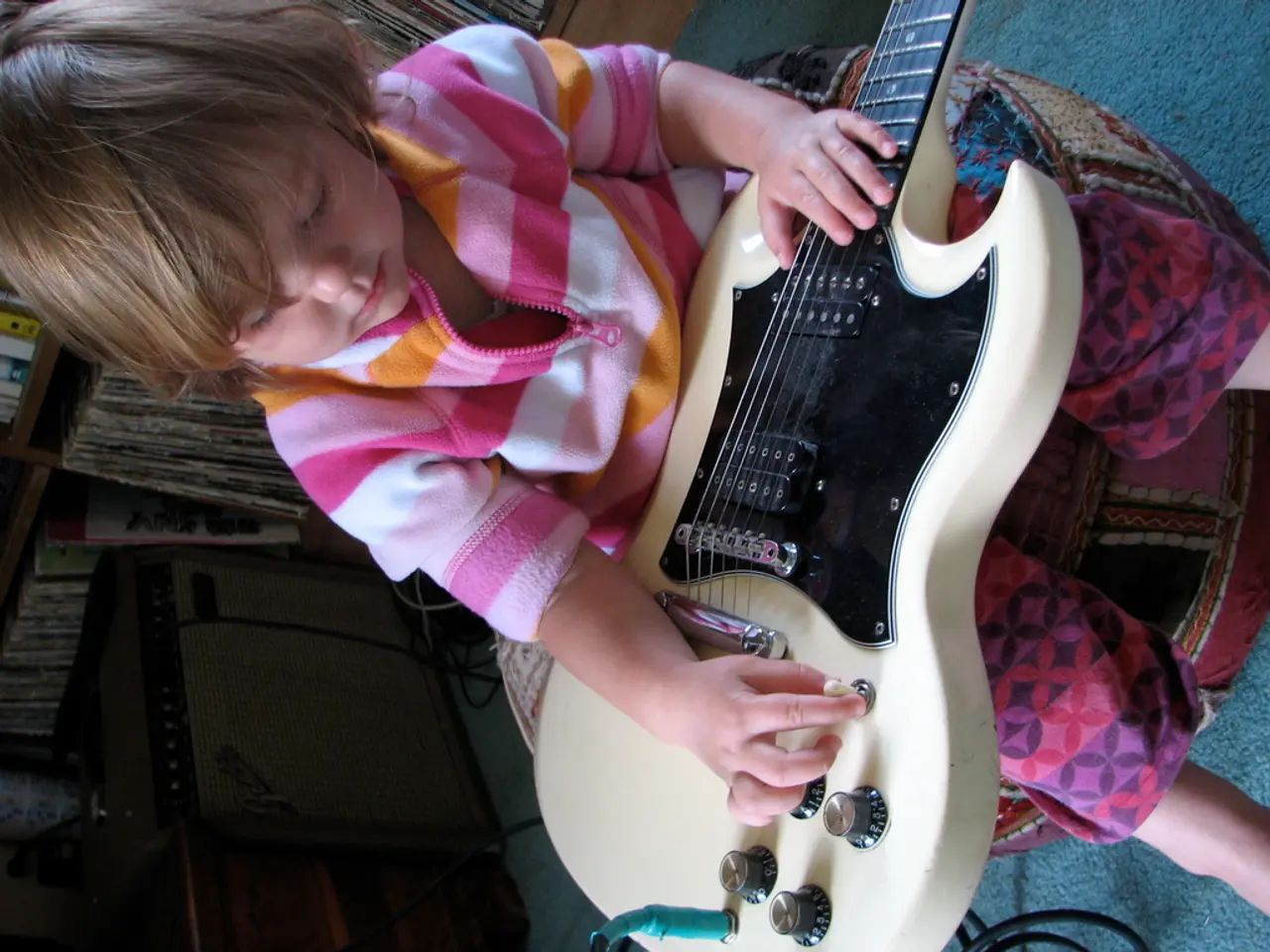Boosting Guardian Participation in Gifted Student Learning Programs
In the realm of education, parents play a crucial role in nurturing the academic and emotional development of gifted children. By adopting a collaborative and comprehensive approach, parents can help these exceptional students thrive and reach their full potential.
Building Strong Parent-School Partnerships
Engaging parents as active partners with teachers and schools is the cornerstone of gifted education. Strong partnerships create a supportive environment fostering accountability and a sense of belonging for the gifted child. This collaboration leads to higher student achievement, better attendance, positive attitudes towards learning, and fewer behavioral issues[1].
Fostering a Growth Mindset
Parents play a critical role in fostering a growth mindset in gifted children by encouraging effort, resilience, and seeing challenges as opportunities for growth. Since gifted children may be used to success with little effort, emphasizing growth helps them handle setbacks and develop perseverance, which supports long-term success academically and emotionally[2].
Supporting Holistic Learning
Effective involvement means addressing the whole child — not only intellectual needs but also social, emotional, creative, and physical growth. Parents can nurture emotional intelligence alongside intellectual development through social skills coaching and emotional support, preparing gifted children for well-rounded growth and resilience[2][4].
Providing Resources and Advocacy
Parents can seek out enrichment programs, lending libraries, and differentiated curriculum opportunities to challenge their gifted children appropriately. Supporting children in tackling rigorous and creative tasks helps maintain their motivation and prevent underachievement, which often occurs if gifted students are not adequately challenged early on[3].
Active School Involvement
Parents can engage through various school activities like PTO membership, volunteering, supporting extracurriculars, attending conferences, and maintaining open communication with teachers. Sharing relevant insights about the child’s life outside school helps educators tailor support to the child’s academic and emotional needs[5].
A Balanced Approach
Balancing academics and interests is essential for gifted learners, prioritizing both scholastic achievement and personal passions. Finding equilibrium between rigorous academic demands and personal interests helps avoid burnout and nurtures creativity and critical thinking. Extracurricular activities can provide advanced learning opportunities in specialized fields such as science, mathematics, or the arts[6].
Parental Involvement in Extracurricular Activities
Engaging in extracurricular activities encourages gifted students to pursue their passions and enhance their skills. Parental involvement in these activities can support social and emotional development for gifted students, helping them build strong relationships with peers who share similar interests[6].
Addressing Misconceptions
Addressing concerns and misconceptions about parent involvement in gifted education is crucial for effective involvement. Misconceptions may include the belief that gifted children require less parental support or that involvement leads to excessive pressure[7].
Long-term Impact
The long-term impact of active parent involvement in gifted education can shape a child's future success and fulfillment. Effective collaboration between parents and educators is vital, addressing both the unique needs of gifted children and the expectations within the educational system.
Emotional Support
Parents should encourage open dialogue about feelings and social interactions, engage in activities that promote emotional intelligence, and validate their child's feelings. Long-term involvement fosters a sense of belonging and confidence in gifted learners, developing resilience and coping strategies[8].
In summary, parents can significantly enhance both the academic achievement and emotional well-being of gifted children by building collaborative partnerships with educators and school communities, fostering resilience and a growth mindset, supporting emotional intelligence development alongside academics, utilizing available gifted enrichment resources and programs, staying actively involved in school via communication, volunteering, and advocacy, and addressing misconceptions about parent involvement in gifted education. This approach cultivates a nurturing environment that encourages gifted children to thrive intellectually and emotionally[1][2][3][4][5].
References: [1] Weitzman, J. N., & Betts, J. A. (2003). Parental Involvement in the Education of Gifted and Talented Students. Roeper Review, 25(4), 230-236. [2] Dweck, C. S. (2006). Mindset: The New Psychology of Success. Random House. [3] Subotnik, R. F., & Olszewski-Kubilius, P. (2011). Talent Development: A Multidimensional Approach. Oxford University Press. [4] Goleman, D. (1995). Emotional Intelligence: Why It Can Matter More Than IQ. Bantam Books. [5] National Association for Gifted Children. (2019). Parental Involvement. Retrieved from https://www.nagc.org/resources-and-publications/resources-and-publications/parent-resources/parental-involvement [6] Silverman, L. K., & Yew, S. (2016). Misconceptions About Gifted Children: A Guide for Understanding and Parenting. Routledge. [7] Delcourt, M. L., & Delcourt, J. R. (2014). Parental Involvement in the Education of Gifted and Talented Students: A Review of the Literature. Gifted Child Quarterly, 58(1), 1-12. [8] Moon, D. C., & Hoover-Dempsey, K. V. (2005). Parenting Gifted and Talented Children: A Guide for Parents, Teachers, and Counselors. Prufrock Press.
- To support the holistic development of their gifted child, parents can advocate for health-and-wellness programs that address every aspect of their child's well-being, including family-health and parenting workshops that focus on emotional and social development.
- Encouraging learning outside the classroom, such as the participation in science fair competitions or education-and-self-development programs, can help gifted students broaden their horizons, cultivate creative thinking, and further their understanding of various subjects.
- By collaborating closely with teachers and school administrators, parents can ensure that their gifted child is receiving an appropriate, challenging education, thus preventing learning plateaus and fostering a love for continued learning throughout their adulthood.




